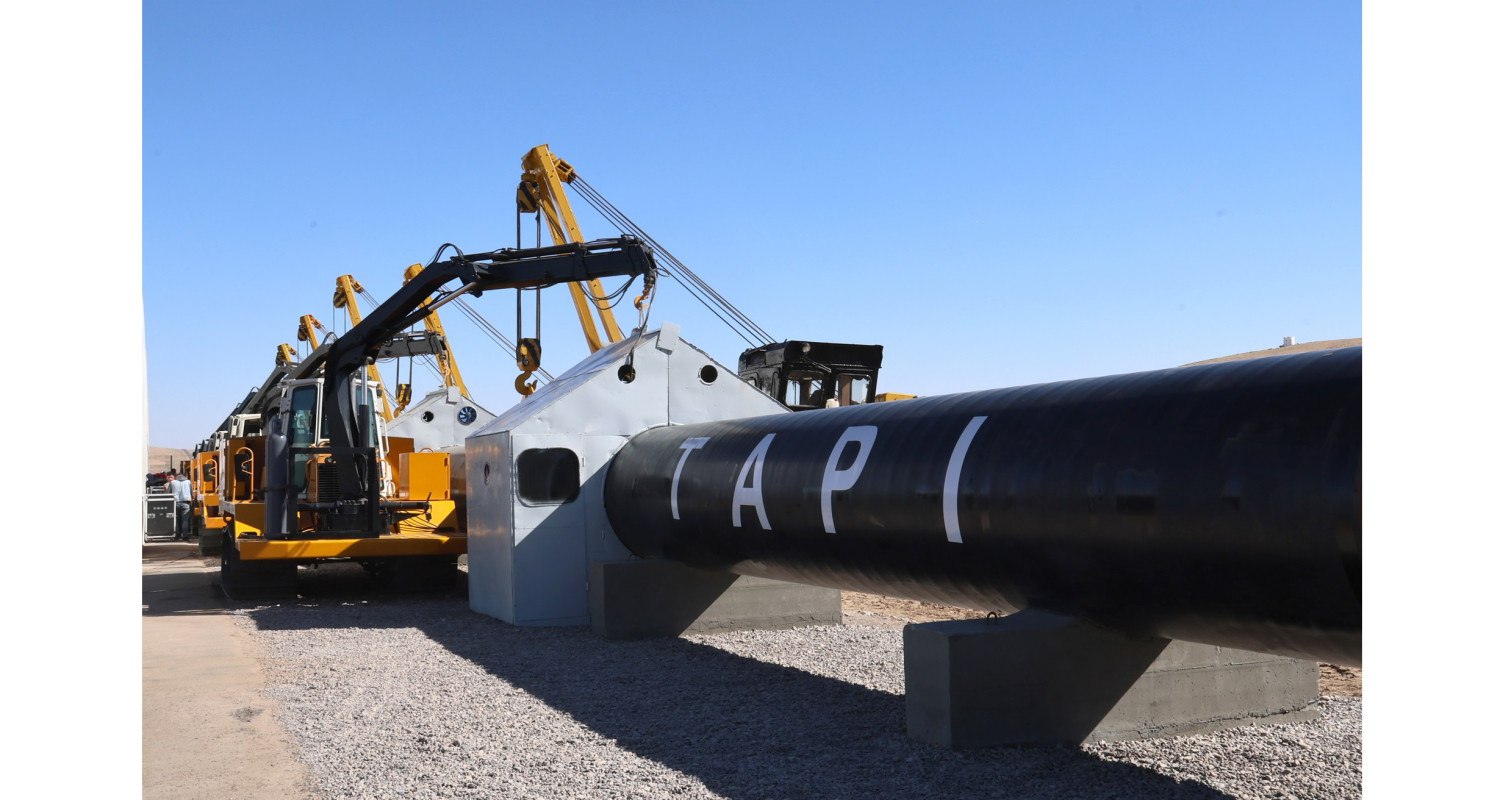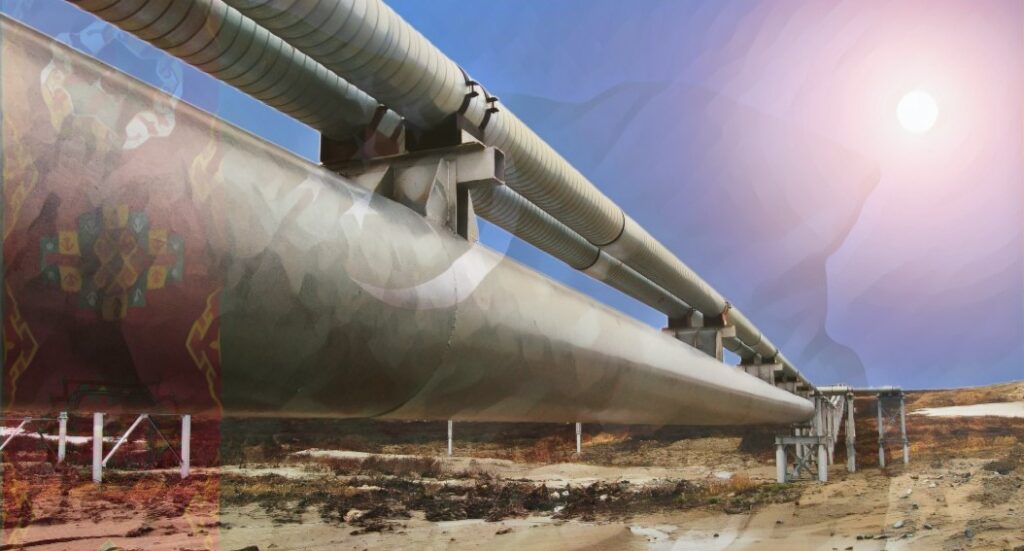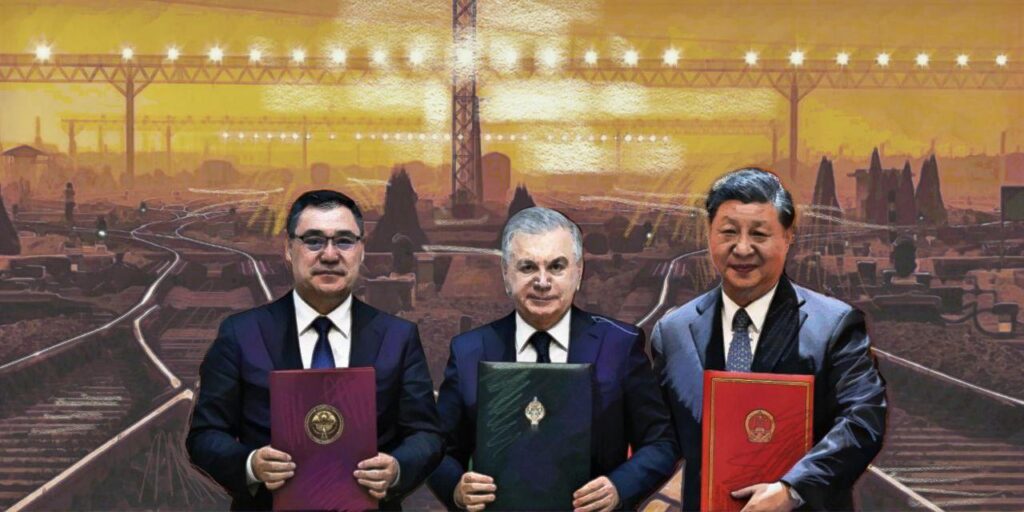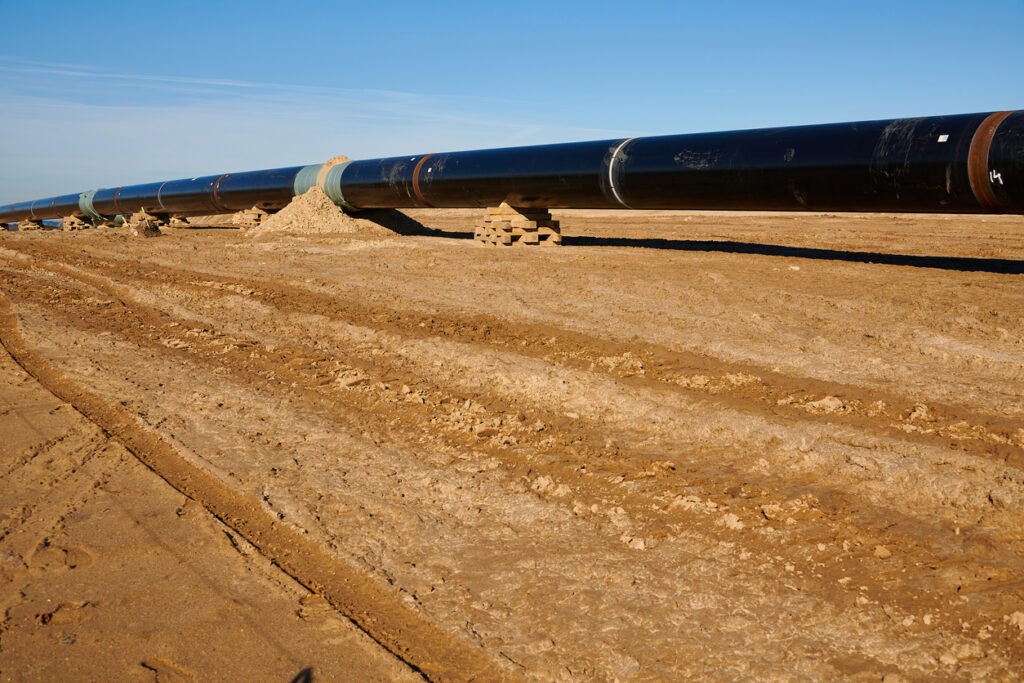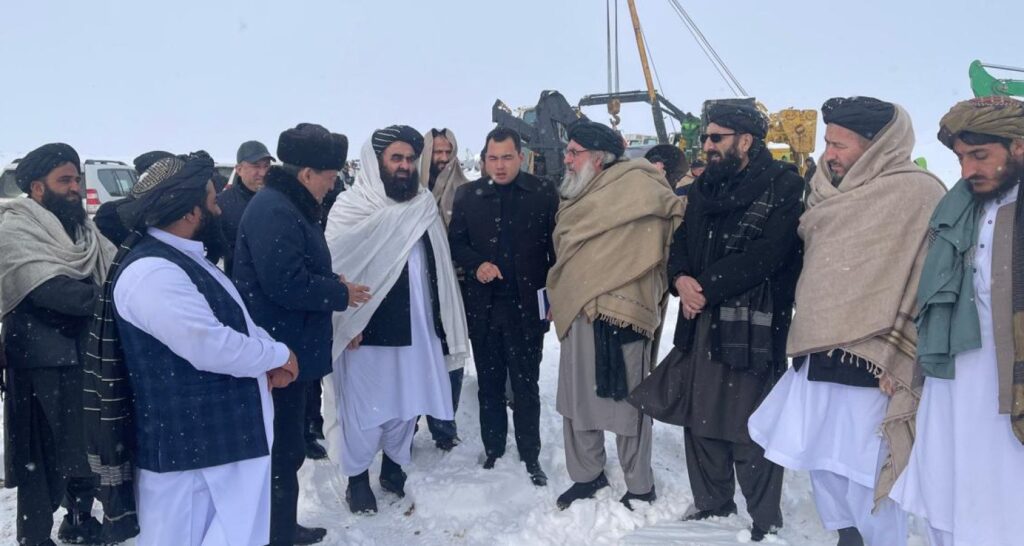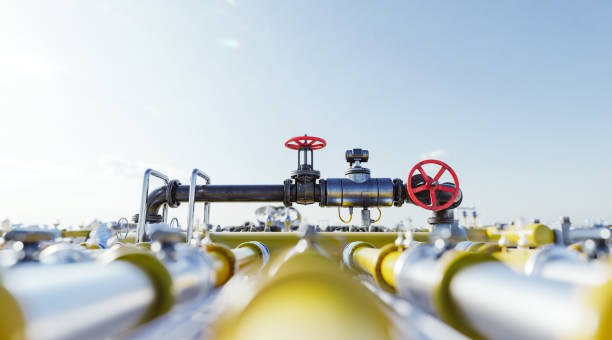Turkmenistan and Afghanistan have now begun construction of the Afghan section of the Turkmenistan-Afghanistan-Pakistan-India (TAPI) natural gas pipeline.
To mark the launch of work on the pipeline’s Serhetabat-Herat section, Chairman of the Halk Maslahaty (People’s Council) of Turkmenistan, Gurbanguly Berdimuhamedov, and Mullah Mohammad Hassan Akhund, the Prime Minister of the Taliban-led Afghan government, attended a ceremony at a checkpoint on the Turkmen-Afghan border on September 11.
The staged installation of the TAPI pipeline, already completed in Turkmenistan, will eventually transfer 33 billion cubic meters of Turkmen natural gas annually to Afghanistan, Pakistan, and India.
At an estimated cost of $10 billion, the TAPI pipeline will span 1,814 kilometers. With 816 kilometers running through Afghanistan, the project will meet the country’s gas needs, generating around $450 million in annual transit fees, before continuing on to Quetta and Multan in Pakistan and Fazilka in India.
Gas-rich Turkmenistan currently exports natural gas to China and Russia but once completed, the TAPI project will enable the country to diversify its export routes and help realize far-reaching plans to transport its gas across the Caspian Sea to Azerbaijan, Turkey, and Europe.
Mullah Mohammad Hassan Akhund stated that the commencement of work on the TAPI project on Afghan soil would strengthen relations between Afghanistan and Turkmenistan, whilst speaking from Ashgabat via videoconferencing, Turkmenistan President Serdar Berdimuhamedov, announced, “The commencement of the TAPI project [on the Afghan territory] and other projects is beneficial not only for Afghanistan but also for the countries in the region.”
In addition to TAPI, the ceremony opened a 177-meter-long railway bridge at the Turkmen-Afghan border on Serhetabat-Turgundi railroad, launched the construction of the Serhetabat-Herat (Afghanistan) fiber-optic communication line, a warehouse complex in the dry port of the Turgundi railway station at the Turkmen-Afghan border, and the Turgundi-Sanabar section of the Turgundi-Herat railway. The event also marked the commission of the Nur-el-Jahad power plant in Afghanistan’s Herat province, as part of the first phase of the Turkmenistan-Afghanistan-Pakistan (TAP) power transmission line project.
